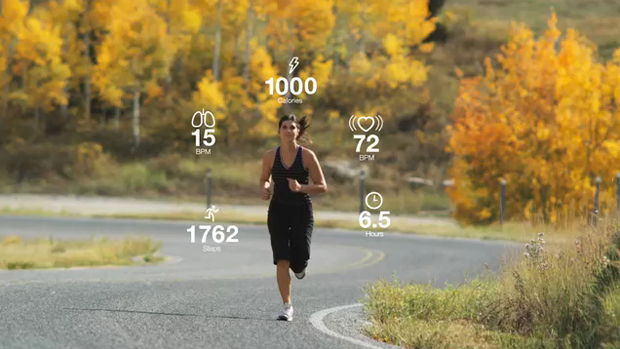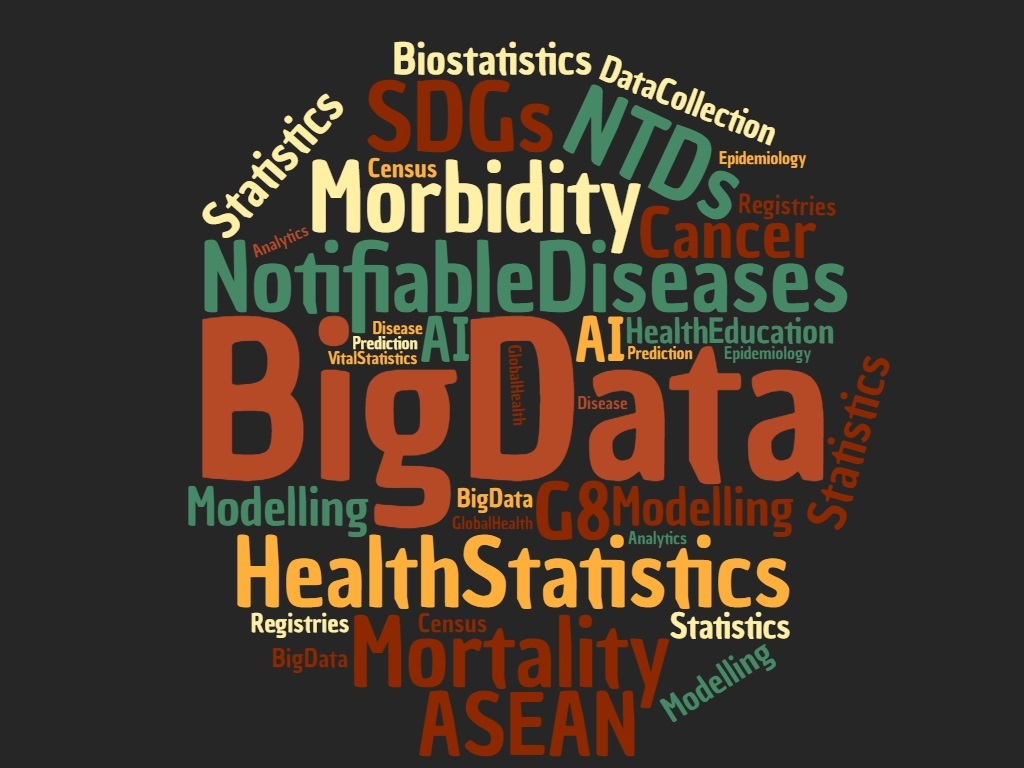We live in the era of mass information whereby phrases such as big data and data science ring a bell to most laypersons. However, most of us tend to set those concepts aside into a complex field of expertise that is better left to the more computationally savvy. It is comforting to know that the areas of economics, politics, and most especially health utilize big data for the planning and development of programs to improve quality of life. For example, within the Statistics Division of the United Nations (UN) Department of Economic and Social Affairs, there is the Global Working Group (GWG) on Big Data which is composed of 22 member-countries, 9 international organizations, and the greater statistical community that aims to “adequately address issues pertaining to methodology, quality, technology, data access, legislation, privacy, management and finance, and provide adequate cost-benefit analyses on the use of Big Data.” Expectations are that through this working group, data relevant to the monitoring and evaluation of the measurement indicators for the UN Sustainable Development Goals (SDG) will be facilitated.
 Photo Credit: Quintiles IMS.
Photo Credit: Quintiles IMS.
Big Data in Healthcare
Turning to the global health sector, in an article published in the Bulletin of the World Health Organization (WHO), we find the following definition of big data: “…the emerging use of rapidly collected, complex data in such unprecedented quantities…in which health priorities and policies are driven by analytics of large data sets.” Evidence-based early prevention and prompt treatment of diseases of public health importance as well as health funding prioritization are enabled through the summarization and analysis of collected information. Data on health-related SDG targets are compiled through the WHO Health statistics and information systems for the methodical and transparent management and analysis of collected information.
Common sources of abundant health information include and are not limited to government census data, health registries, notifiable disease databases, and hospital records. A Forbes article emphasized that with the development of mobile technology, big data augments personalized healthcare through devices and applications including “…Fitbit, Jawbone and Samsung Gear Fit that allow you to track your progress and upload your data to be compiled alongside everyone else’s.” Through advanced statistical algorithms performed by data analysts, available information may be used in the prediction of various health outcomes as well as formulate strategies in improving quality of life.
 Photo Credit: Get Grok.
Photo Credit: Get Grok.
Big Data Experts
Experts in the field of “data science” are professionals trained in mathematical statistics, computer programming, communication, and subject-matter specializations.
For big data analysis in health, biostatistics is an appropriate graduate degree to jump start a career in health data science. Emphasis on the underlying theory of the computational techniques used in pattern-recognition and prediction in health data equips biostatisticians-in-training with an intuition about numbers as well as an esoteric perspective aimed at helping public health decision-makers. The world’s first biostatistics department at Johns Hopkins University provides a bird’s eye view of the dynamic world of health data analysis through this informative presentation:
Through the concerted and collaborative efforts of the public health sector and scientific community as enhanced by political will and good governance, let us hope that the big data revolution will further uplift human health and contribute to the attainment of sustainable development.
Related Articles: NO PERSON LEFT BEHIND: HOW USING DATA CAN REDUCE INEQUALITY by Betsy Beaumon
EDITOR’S NOTE: The opinions expressed here by Impakter.com columnists are their own, not those of Impakter.com.










